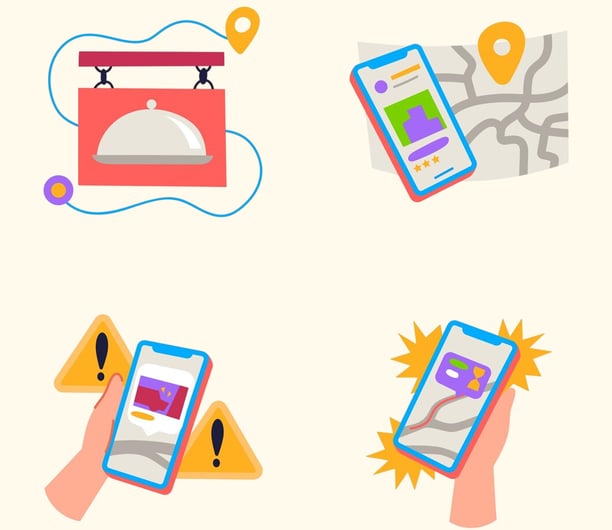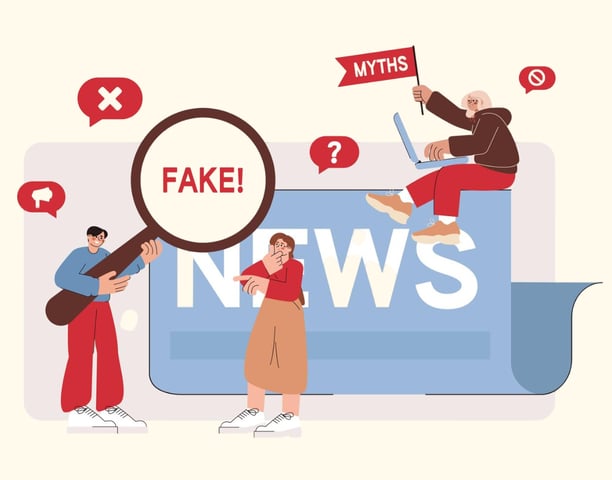Stay Informed
Accurate information can prevent costly mistakes. In survival or crisis situations, having accurate and reliable information is critical. Misinformation or assumptions can lead to errors that jeopardize safety, waste resources, or escalate risks. Below is a detailed explanation of why accurate information is vital and how to ensure its reliability.
SURVIVAL GUIDE
11/22/20241 min read
Stay Informed
Accurate information can prevent costly mistakes. In survival or crisis situations, having accurate and reliable information is critical. Misinformation or assumptions can lead to errors that jeopardize safety, waste resources, or escalate risks. Below is a detailed explanation of why accurate information is vital and how to ensure its reliability.


Local Alerts
Download apps or listen to government channels for evacuation or curfew notices. Local alerts are targeted notifications and updates provided by government agencies, local authorities, or community organizations to inform people about emergencies or critical developments in their immediate vicinity.
These alerts are vital for staying safe and taking appropriate action during crises.
Avoiding Fake News
Verify claims through multiple sources to avoid misinformation that could lead to danger. Fake news can spread quickly during crises, leading to confusion, panic, and poor decision-making.
Learning to identify and avoid misinformation is critical for ensuring personal safety and making informed choices.
Monitoring News
Use battery-powered radios or solar-charged devices to follow trusted news sources. Staying informed through reliable news sources is critical in survival or emergency scenarios.
Monitoring the news provides you with real-time updates on the situation, enabling you to make informed decisions, avoid danger, and plan effectively. Here's a detailed explanation of how and why to monitor the news during a crisis.




